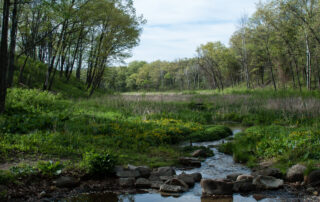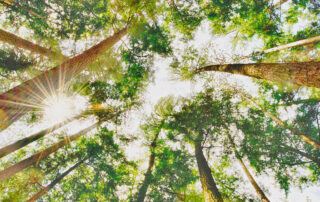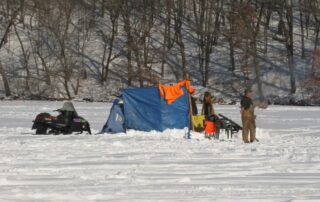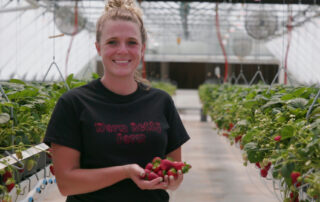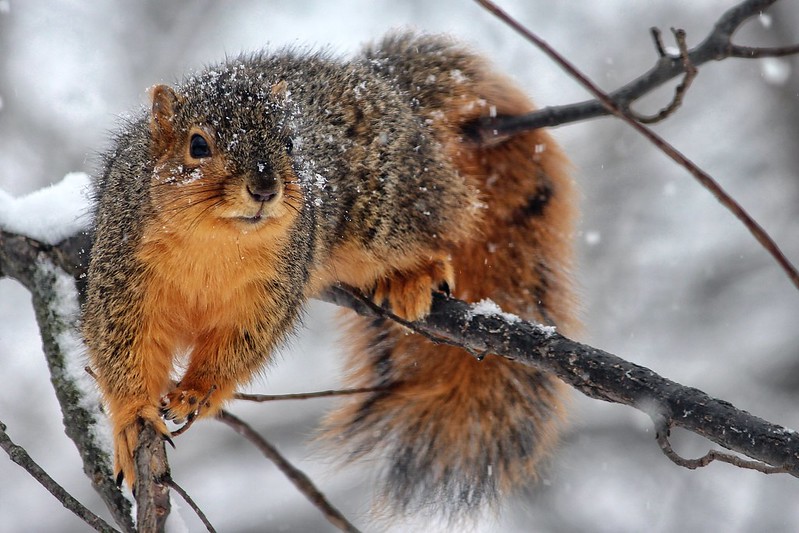As Director of the UW-Madison Arboretum, Karen Oberhauser oversees over a thousand acres of land in the heart of Madison. With many habitats, from prairies to woodlands to wetlands, the Arboretum serves a variety of functions: a nature respite for the public, a place to learn how to best restore nature, and the home of many research projects for professors and experts.
But today’s environmental questions require more involvement than ever.
“The natural world is changing today at rates that are unprecedented in the history of the world. That means it’s really important that everybody gets engaged at whatever level they can in trying to preserve what’s left and to restore what we’ve lost,” says Oberhauser.
That engagement can take many forms, from taking pictures of bees in backyards to counting Asian jumping worms in gardens. It’s known as citizen science, and it’s an idea Oberhauser is passionate about.
“Citizen science is the engagement of people who aren’t professional scientists. That can mean collecting data, but it can also mean coming up with questions and figuring out how the data should be collected, or analyzing data and sharing findings.”
The pollinator project is one example of citizen science in action. People around the state are invited to take pictures of bees they find and upload those pictures to a website. The Arboretum hosts groups of volunteers to participate in the project.
“We know that bee numbers are declining,” explains Oberhauser. “Understanding kinds of bees are associated with what kinds of flowers and what kinds of habitats they are using is really important in preserving these species.”
While the Arboretum has a special role to play in ecological research, Oberhauser encourages everyone to get involved. “I think everybody is a scientist at heart. And citizen science can be done anywhere.”

